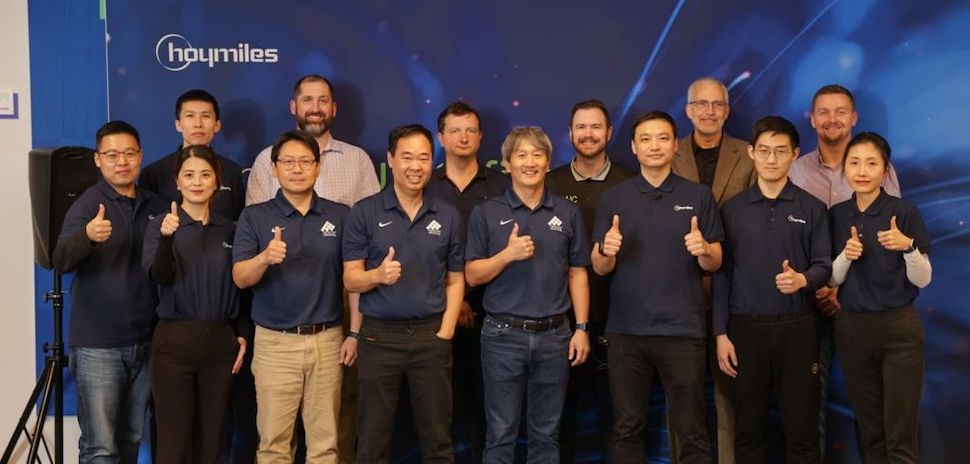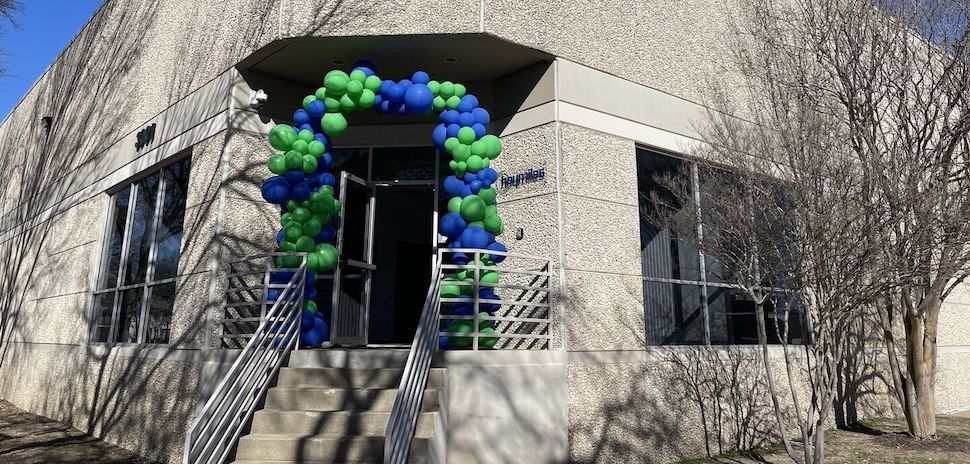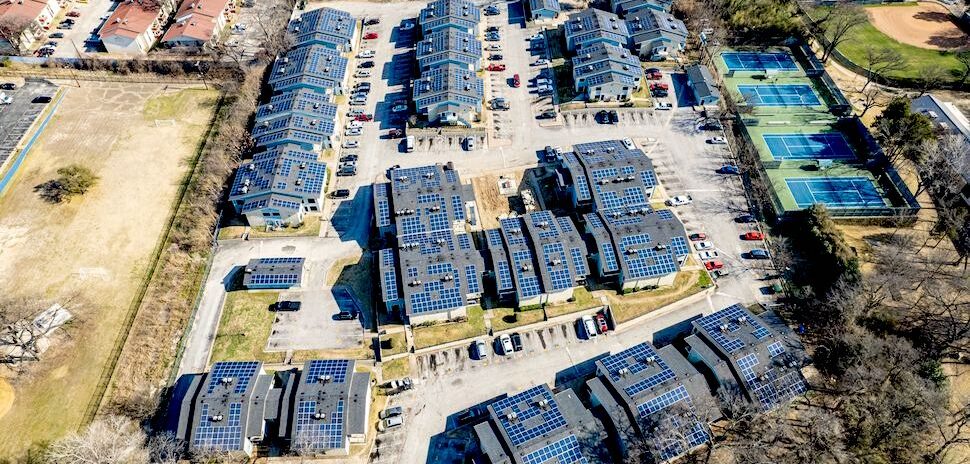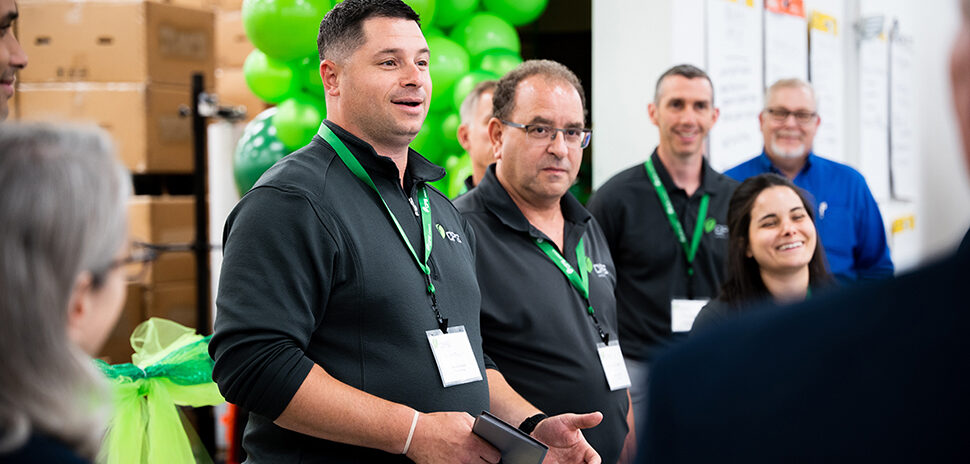Hoymiles Power Electronics, a leading global “smart solar” supplier based in China, has announced the opening of its first U.S. subsidiary in Plano, north of Dallas.
Founded in 2012, the company says it empowers homeowners and professionals in more than 110 countries and regions to join the journey to what it calls “open energy for all.”
Co-founder Yang Bo says Hoymiles has a driving mission.
“We were developing good technology, but I wanted it to benefit the world,” the co-founder says on the Hoymiles website. “That would mean commercialization, lowering costs, and bringing equitable energy to as many people as possible.”
Offering a ‘seamless’ solar power ecosystem

Hoymiles system on a home. [Photo: Hoymiles]
For homeowners, Hoymiles offers what it calls “one seamless ecosystem for clean, open energy” with a solar panel-powered system that collects, converts, uses, stores, and monitors a home’s energy.
Solar panels on the roof collect energy, which is converted into AC current by a Hoymiles microinverter. Power can be stored on the company’s hybrid inverter (seen in the photo atop this article). The company’s cloud-based monitoring system, available both through an app and online, offers management tools to review the ecosystem’s performance.
A hub for sales and tech support across North America

Part of the Hoymiles team in Plano [Photo: Hoymiles LinkedIn]
Rocky Gao is president of Hoymiles USA, which will serve as a hub for sales and technical support operations across North America, the company said.
In a statement, Gao said the Plano-based U.S. subsidiary “is expected to play a key role in fulfilling the growing global demand for renewable energy. With the support of its local partners, Hoymiles will be able to provide North American customers with high-quality and reliable solar products and outstanding service.”
Expecting to manufacture 5 million units in 2023

Entrance to Hoymiles subsidiary on Technology Drive in Plano. [Photo: Hoymiles LinkedIn]
Hoymiles says its manufacturing capacity is “constantly expanding.” The company expects its capacity to reach 5 million units in 2023.
At a time when supply chain issues continue to hit the industry, Hoymiles says it’s also speeding up the deployment of local warehouses and manufacturing bases in other key markets, “so that customers around the world can expect shorter delivery times in the future.”
The company says it has over 1,200 global “experts” helping to drive its distribution and service network spanning North America, South America, Europe, Asia, Africa, and Oceania,
![]()
Get on the list.
Dallas Innovates, every day.
Sign up to keep your eye on what’s new and next in Dallas-Fort Worth, every day.


































































